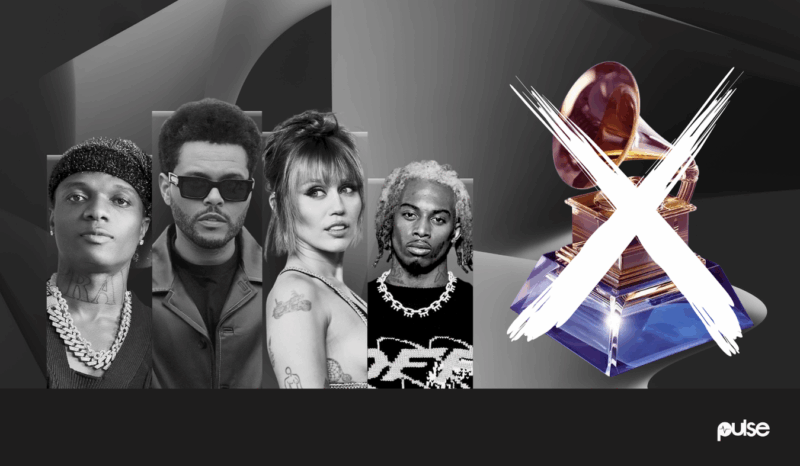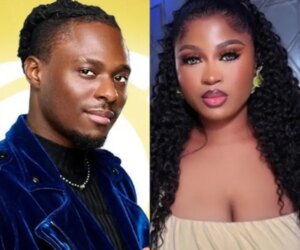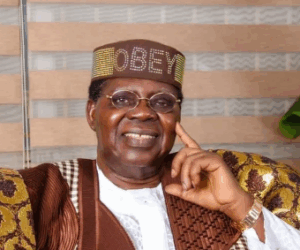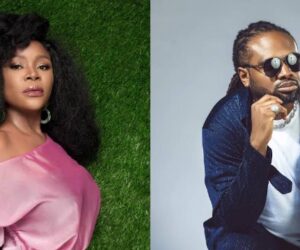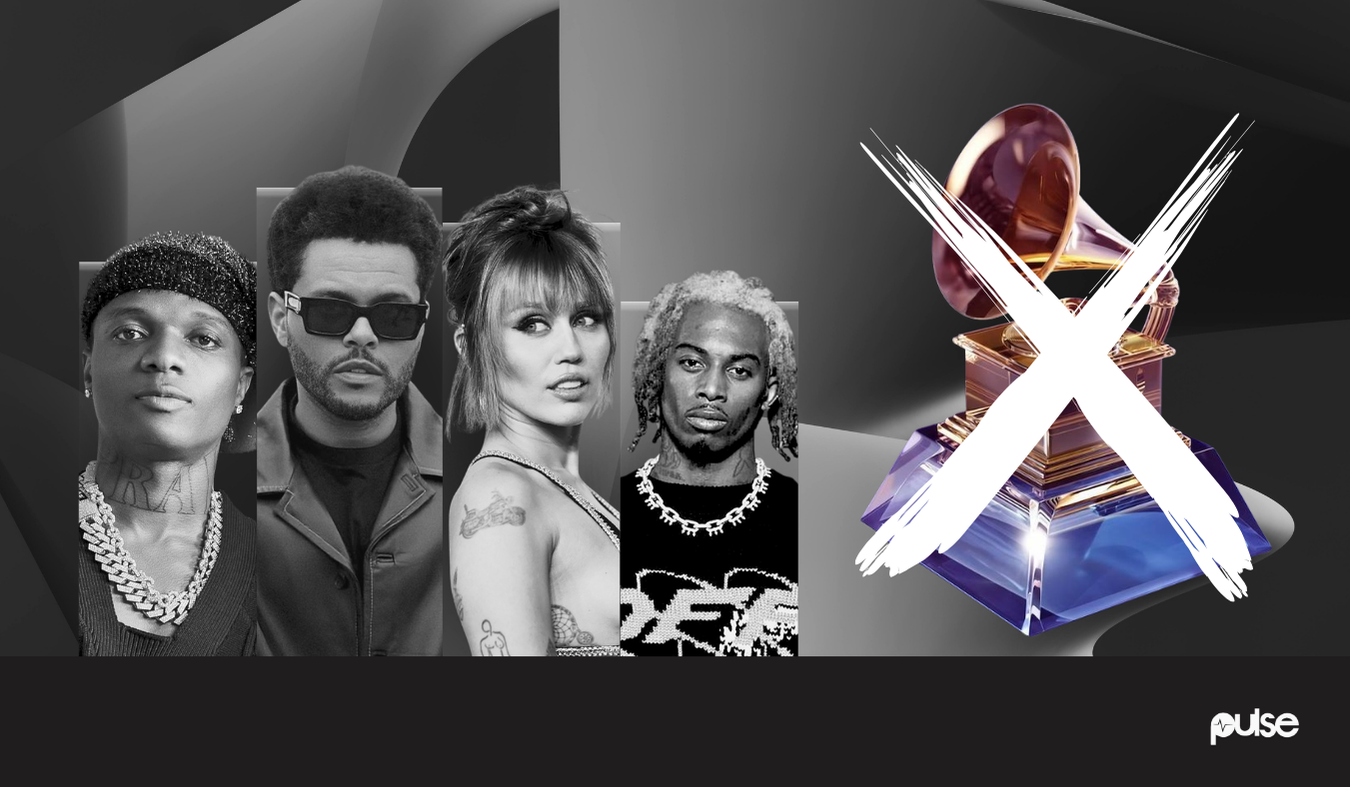
The 68th Annual Grammy Awards nominations just dropped and the internet is on fire. There’s celebration, sure. But beneath the glitter, there’s outrage. A deep, pulsing sense of déjà vu.
Because while the Recording Academy cheers for Kendrick Lamar and the unstoppable rise of Afrobeats, it somehow turned a deaf ear to some of the biggest, boldest, and most defining artists of the year. This isn’t just a few missing names. This feels like a pattern. An institutional blind spot that refuses to die.
A Grammy nomination, at its best, is not just an accolade but an acknowledgment that an artist has shaped the sound of their time. When that acknowledgment is denied to projects that were both commercially seismic and critically acclaimed, the integrity of the entire process comes into question. Despite recent reforms, the Academy’s voting body still appears out of rhythm with the world it claims to represent.
Let’s talk about the five snubs that make the 2026 Grammy list feel… incomplete.
The Weeknd
The most staggering and, perhaps, politically charged absence belongs to The Weeknd.
The 35-year-old Canadian hitmaker earned a near-unbelievable zero nominations for his sweeping album Hurry Up Tomorrow and its chart-topping single “Timeless” (featuring Playboi Carti).
It’s not just a snub, it’s history repeating itself. The moment recalls the infamous 2021 Grammy Awards, when The Weeknd’s After Hours and its era-defining hit “Blinding Lights” were completely ignored, prompting the artist to denounce the Grammys as “corrupt” and announce a boycott.
His protest forced real reform, leading to the abolition of the secret nomination review committees that had long clouded the process.
By early 2025, the public feud seemed resolved. The Weeknd performed at the 67th Annual Grammy Awards, officially ending his boycott and submitting his latest work for consideration.
Apparently, it would seem we were dead wrong for thinking he received absolution for his “sin” against the Academy.
The Weeknd submitted Hurry Up Tomorrow for Album of the Year and Best Pop Vocal Album, with “Timeless” competing in Record of the Year and Song of the Year.
The most important part of this choice was where The Weeknd’s team put his album. They sent it to the Best Pop Vocal Album group, not the R&B or Progressive R&B groups where his music usually goes.
By choosing the Pop field, he was trying to stretch his sound. This is the same main category where he was inexplicably ignored back in 2021. But on paper, the commercial data overwhelmingly justified these Pop entries.
Released in January 2025, the album debuted at number one on the Billboard 200 with 490,500 album-equivalent units, topped charts in 16 countries including the UK, and earned widespread acclaim as one of the defining pop projects of the year.
And yet, not a single nomination.
The optics are damning. Whether deliberate or not, the decision reads like retaliation, an establishment reminding a once-defiant star who still holds the streaming market.
Wizkid
Afrobeats icon Wizkid did appear on the nominations list this year, but barely.
Big Wiz’s sole recognition came as a featured artist alongside Mavin Records queen Ayra Starr, far from the main fields where his own work rightfully belonged. It’s a stunning oversight.
Wizkid’s team confirmed submissions for his album Morayo in Album of the Year and Best Global Album, while his single “Piece of My Heart” was entered for Record of the Year, Song of the Year, and Best African Music Performance. The album, which was personal for him, is a tribute to his late mother. The project was praised for its refined production, emotional depth, and musical maturity.
However, for an artist of his stature to be shut out of every General Field category is not simply puzzling. It’s revealing. Already a Grammy winner, the 35-year-old star is one of the most influential African musicians of his generation. The Recording Academy have spent years insisting they’ve embraced global music, yet the most visible African artists continue to be excluded from the Grammys most prestigious circles.
Miley Cyrus
Miley Cyrus wasn’t erased from this year’s ballot, but her recognition was astonishingly narrow. The 32-year-old hitmaker received just one nomination: Best Pop Vocal Album for her bold, genre-blending project Something Beautiful.
Her team had submitted the album for Album of the Year and two separate songs: “End of the World” and “Something Beautiful”, for Song of the Year. But guess what? Neither made the cut.
That omission stings, because “Something Beautiful” was no ordinary pop record. Critics praised its blend of art-rock, baroque pop, and electro-disco, calling it one of the most sophisticated works of her career. It was emotionally rich, sonically daring, and widely regarded as a creative high point.
Yet the Grammys chose to box it into a single category, as if unsure how to reward a pop artist who refuses to play safe perhaps, because she’s not as blonde as Taylor Swift.
Moliy
If the new Best African Music Performance category was designed to spotlight rising African stars, then the absence of Moliy is a glaring contradiction.
Her hit single “Shake It to the Max” was a breakout phenomenon, the kind of viral-meets-chart success that should have been impossible to ignore. Moliy’s team submitted the track and its remix for consideration in major fields including Record of the Year and Song of the Year. The numbers alone were undeniable.
“Shake It to the Max” topped Billboard’s U.S. Afrobeats Songs Chart in May 2025, ending Tyla’s long reign at number one. It ranked in Spotify’s Songs of the Summer 2025 Top 5, broke into the UK Singles Chart Top 25, and climbed into the Billboard Rhythmic Top 40.

